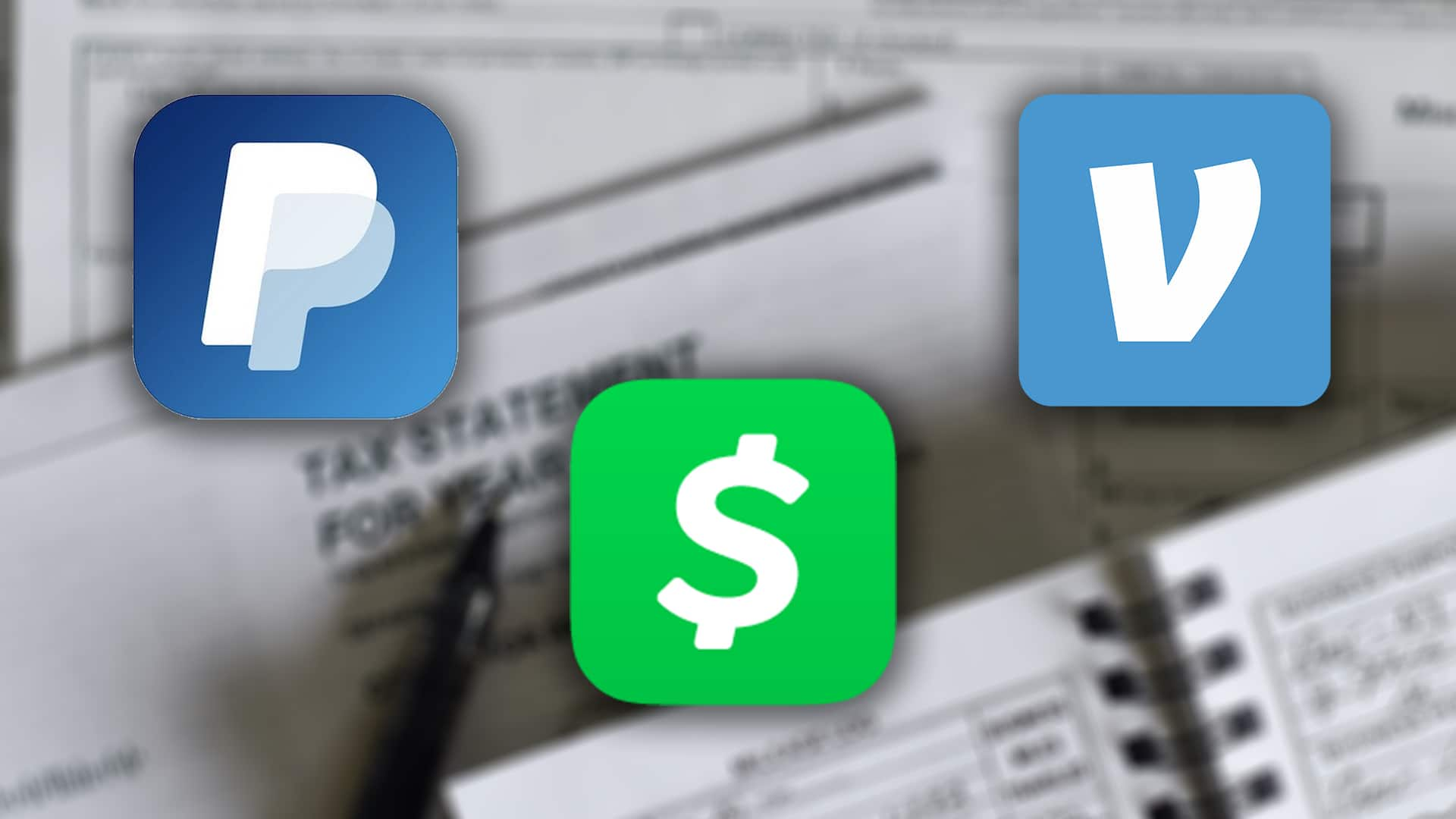Florida’s Governor, Ron DeSantis, took significant action on May 31, 2023, by signing H.B. 5, a comprehensive bill designed to dismantle several tax credit programs that were previously benefiting various aspects of Florida’s business landscape. The bill’s primary focus was on repealing tax credit ...
Tax News (2)


The American Rescue Plan Act (ARPA) that was enacted in March 2021 brought about substantial changes to Form 1099-K reporting standards. Originally meant to begin for the 2022 tax year, the IRS has extended the new requirement until the 2023 tax year citing confusion and lack of guidance available ...

Many taxpayers, especially those in highly taxed states, have considered moving out of state and seeking lower or zero income tax rates. When done properly, this can present substantial tax savings. The process for establishing residency in a new state can be straightforward for most taxpayers. ...

Reforms to the tax treatment of carried (profits) interest has been a topic for many years. The Administration aims to ensure equal treatment of labor and capital income since the character of the income for carried (profits) interests has been under scrutiny.

Connecticut Governor Ned Lamont signed budget bill H.B. 6941 on June 12, 2023 making major changes to the state’s pass-through entity tax (PTET). Beginning in 2024, the PTET will be optional rather than mandatory. Eligible entities that wish to elect to pay the tax must provide the Connecticut ...

Effective for tax years beginning after December 31, 2022, the Inflation Reduction Act of 2022 (IRA) imposes a 15 percent Corporate Alternative Minimum Tax (CAMT) on applicable corporations. The new tax will have significant tax implications on large applicable corporations which requires complex ...

The latest regulations, known as Section 174 rules, now require taxpayers to capitalize and gradually deduct research and experimental (R&E) costs incurred in taxable years starting on or after January 1, 2022. The deduction is calculated based on a straight-line recovery period of either five ...

ASC 842, the new lease accounting standard from the Financial Accounting Standards Board (FASB), has been in effect since December 15, 2018, for public companies and will go into effect for private companies on December 15, 2021. The GAAP lease accounting standard, ASC 842, mandates that leases ...

In a recent decision, the United States Tax Court ruled that the Internal Revenue Service (IRS) cannot assess penalties under IRC Section 6038(b) for willfully failing to report foreign income in the case of Farhy v. Commissioner. This ruling has significant implications for taxpayers who may have ...

Have you ever wondered how many days you have to correct an e-file rejection and resubmit your tax return or extension to be considered timely? Per Publication 4163 Tax Preparers have the following grace periods to correct and retransmit returns or extensions that were timely filed but were ...